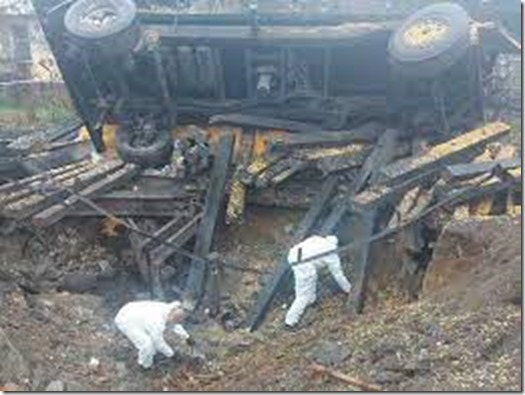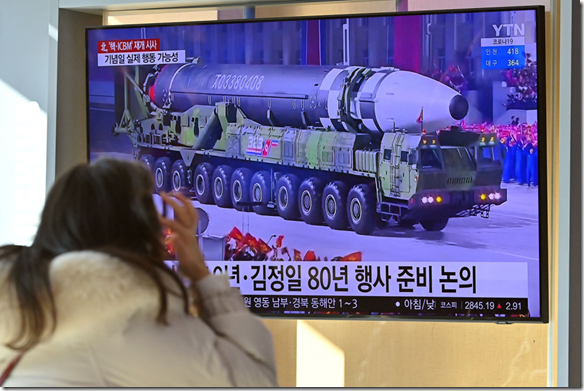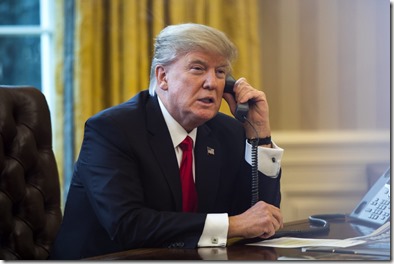 The anti-Ukraine-aid crowd has jumped from one argument to another to get NATO to stop helping Ukraine since February. Many of these claims are inconsistent, but that makes no difference, because their real purpose is to help Putin win the war by saying anything which might convince NATO to halt aid to Ukraine.
The anti-Ukraine-aid crowd has jumped from one argument to another to get NATO to stop helping Ukraine since February. Many of these claims are inconsistent, but that makes no difference, because their real purpose is to help Putin win the war by saying anything which might convince NATO to halt aid to Ukraine.
This is why the MAGA right and ‘anti-imperial’ left keep bringing up these arguments. They want Putin to win for their own ideological reasons, but they don’t want to say that publicly, because it is embarrassing to side with a fascist imperialist who commits war crimes. So instead they jump from one disconnected argument to another, whose only commonality is the policy recommendation that we abandon Ukraine. And this week’s missile strike in Poland – likely an accident of Ukraine missile defense debris falling on that country – is being instrumentalized yet again for this purpose.
Let’s review the say-anything laundry list of reasons we should abandon Ukraine:
– First we were told that Ukraine couldn’t possibly win the war, so helping it would needlessly provoke Russia.
– Then we heard that because Russia is a ‘great power,’ there really isn’t much we can do. The Ukrainians just have to suffer like the Melians.
– Then, after Russia stumbled, we heard that aid to Ukraine would prolong the war, so we should cut it off to force a settlement.
– Then, after Russia started losing the war, we heard that aid was so expensive that we couldn’t afford it in these times of inflation and rising energy costs, despite a bill around $100 billion against a combined NATO GDP of $40 trillion.
– Then we heard that NATO aid was depleting NATO’s own weapons stocks so much that it would vulnerable to a Russian attack, the same Russia which can’t subdue Ukraine
– Then we heard that European winter heating bills would be sky high because of the Russian gas cut-off. So we should abandon Ukraine, because Germans and Italians apparently won’t wear sweaters when it is cold.
– Then we heard that aid keeps going a war which might escalate into a NATO-Russian general war, a nuclear exchange, or even World War III.
I find this so exasperating and craven. Pro-Putin MAGA righties should just be honest that they admire the Christian nationalist authoritarianism of Putin and Orban. Similarly, anti-imperial lefties should just say that a Putin victory would be a deserved defeat of Western imperialism, neocons, and the blob. Stop lying and pretending you care about peace or stability or whatever.
I wrote an essay on this for Channel News Asia. After the jump is my pre-edited version of that op-ed.








